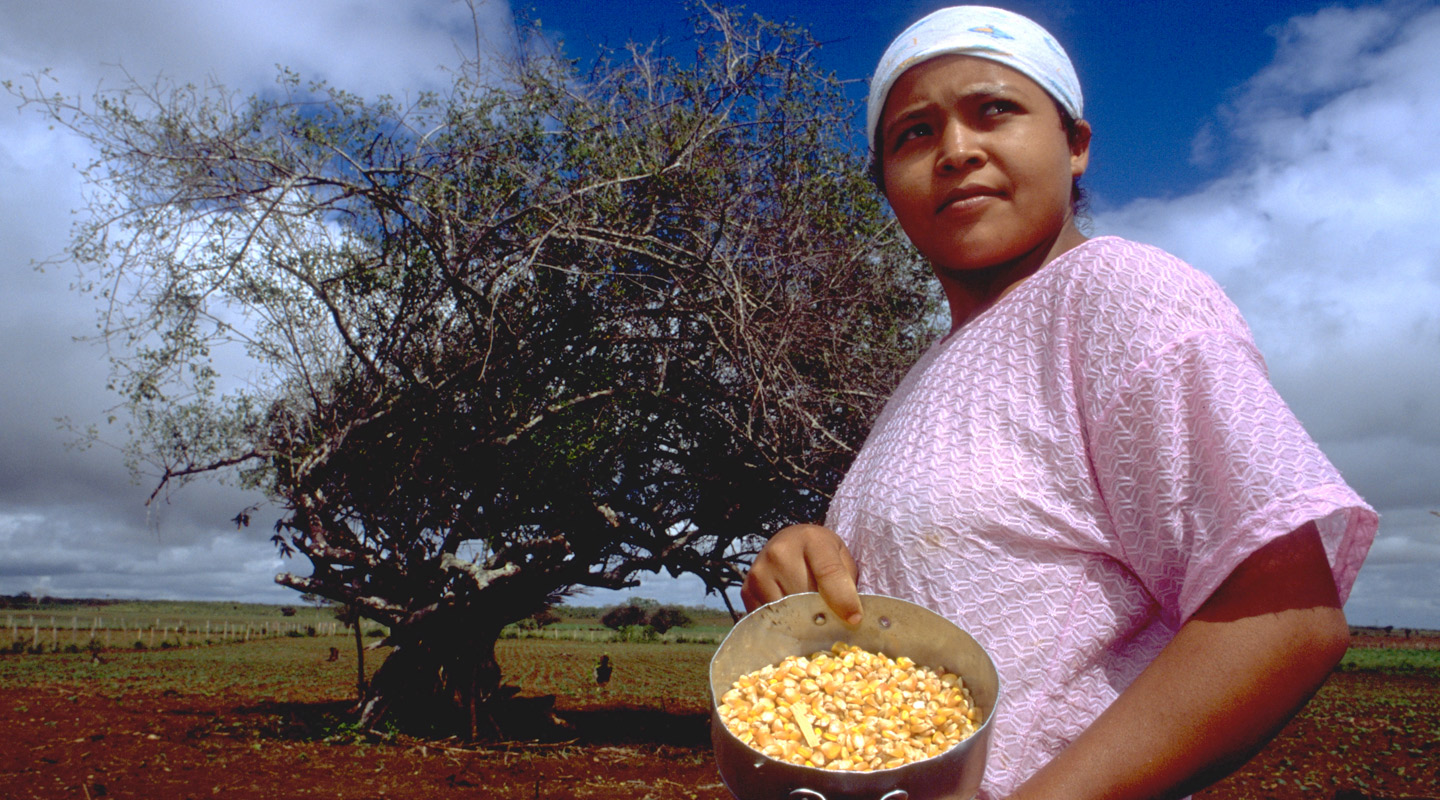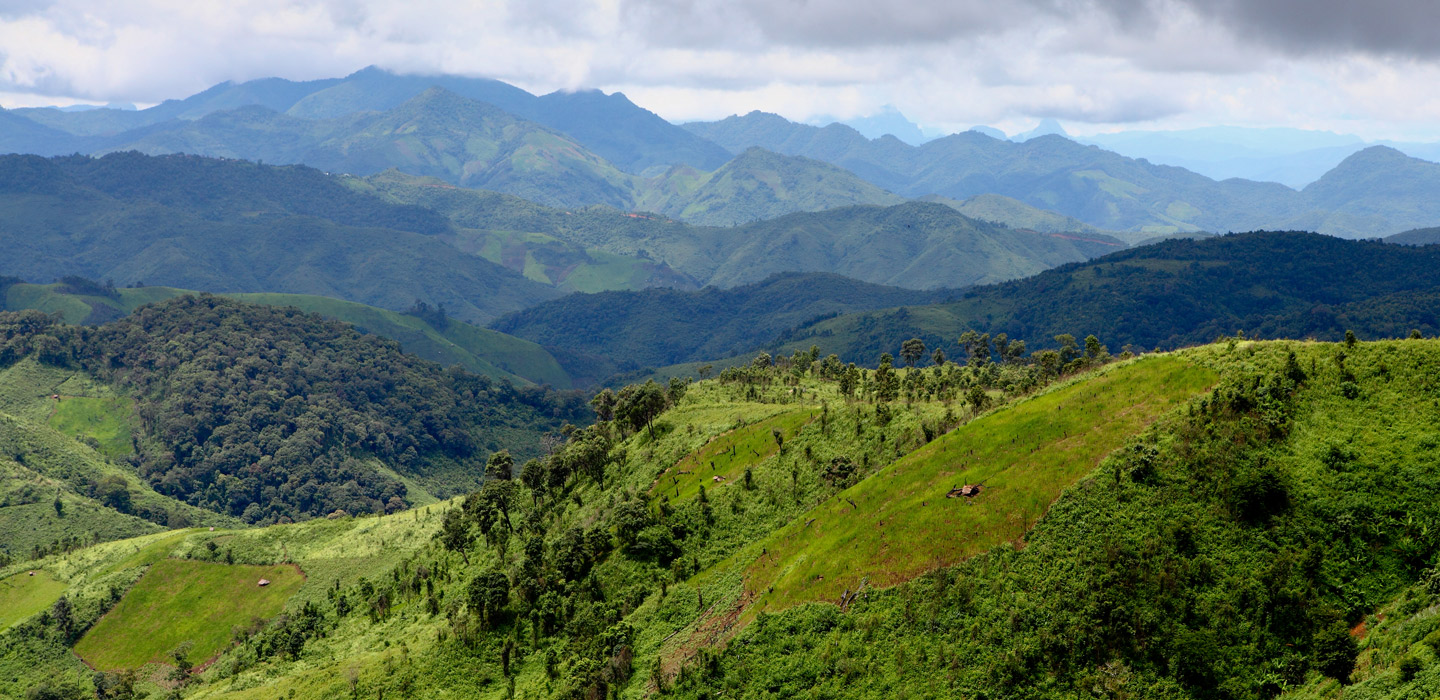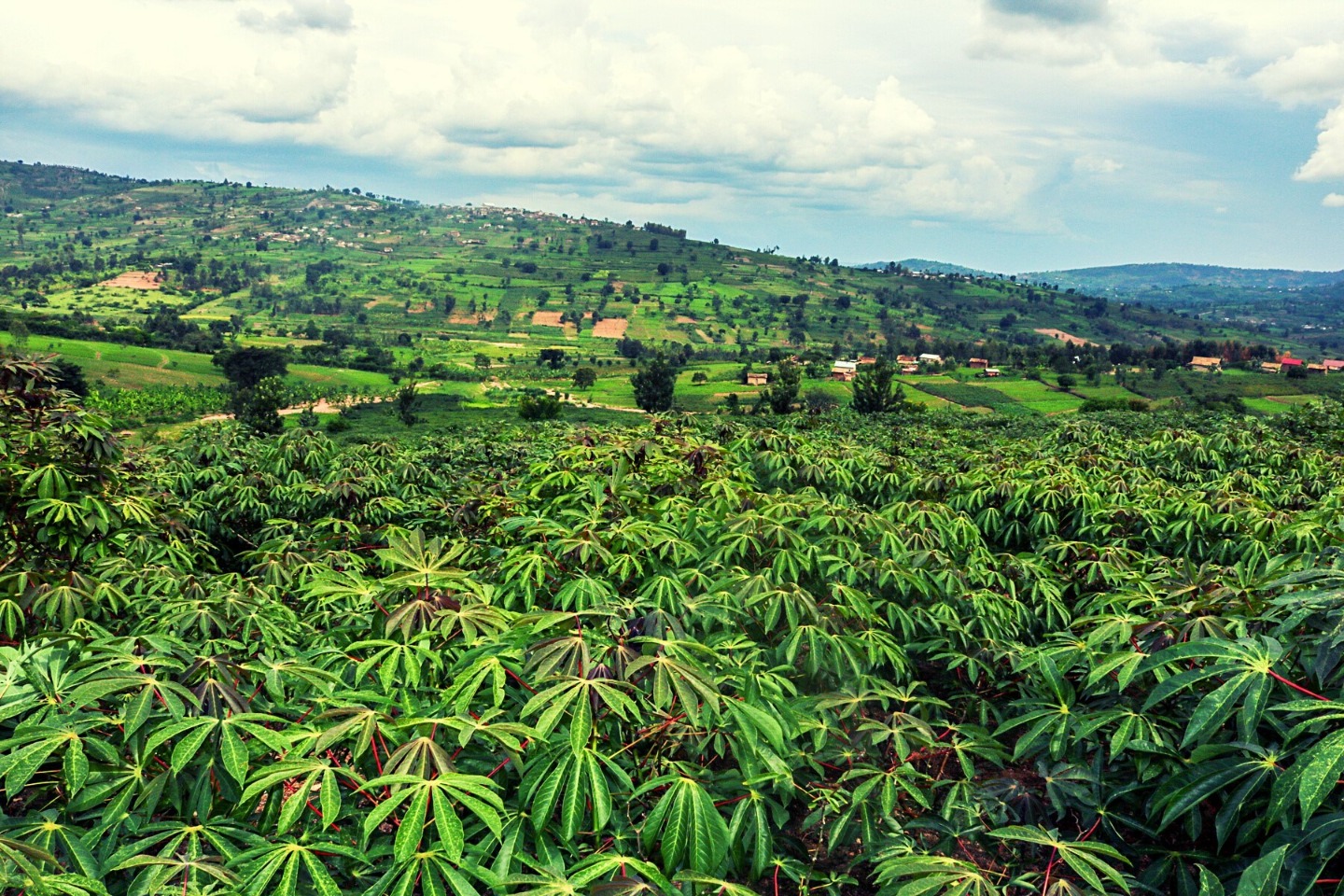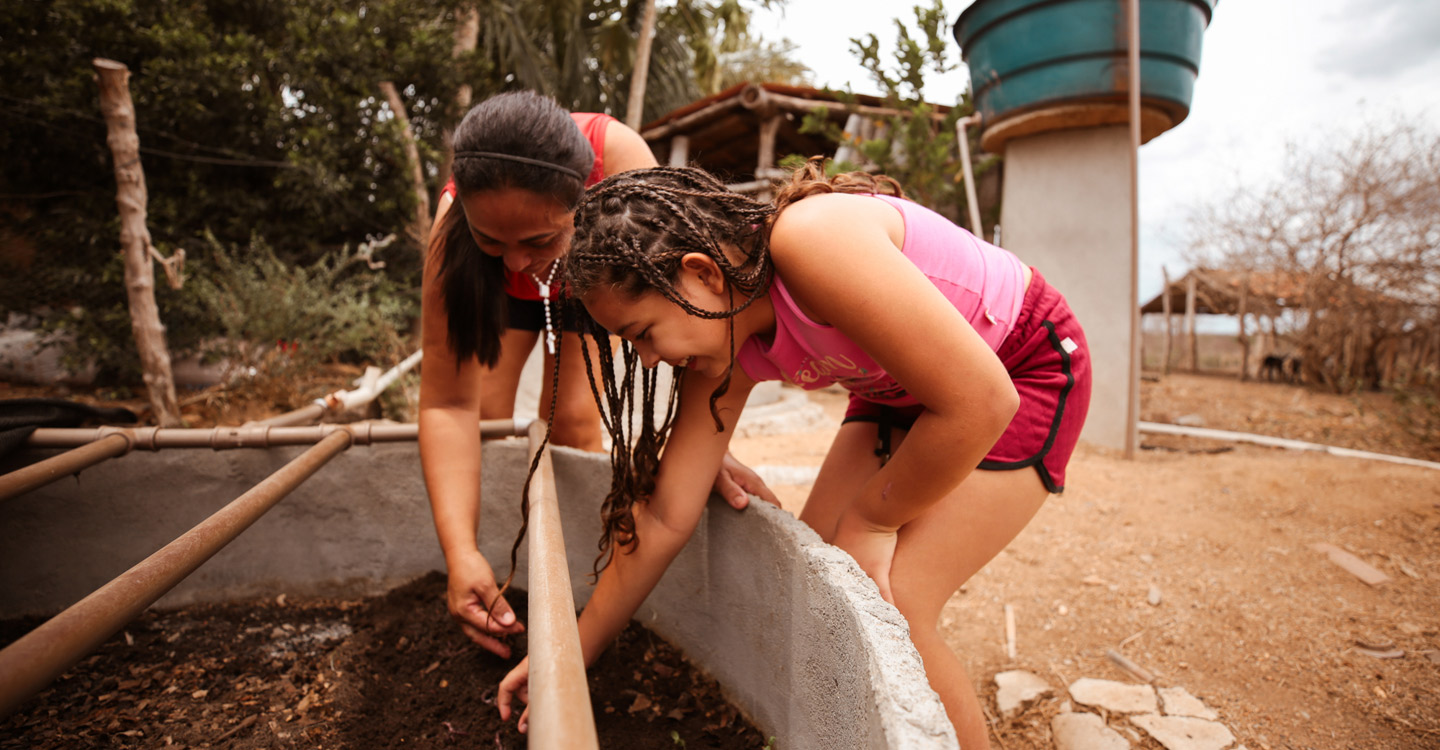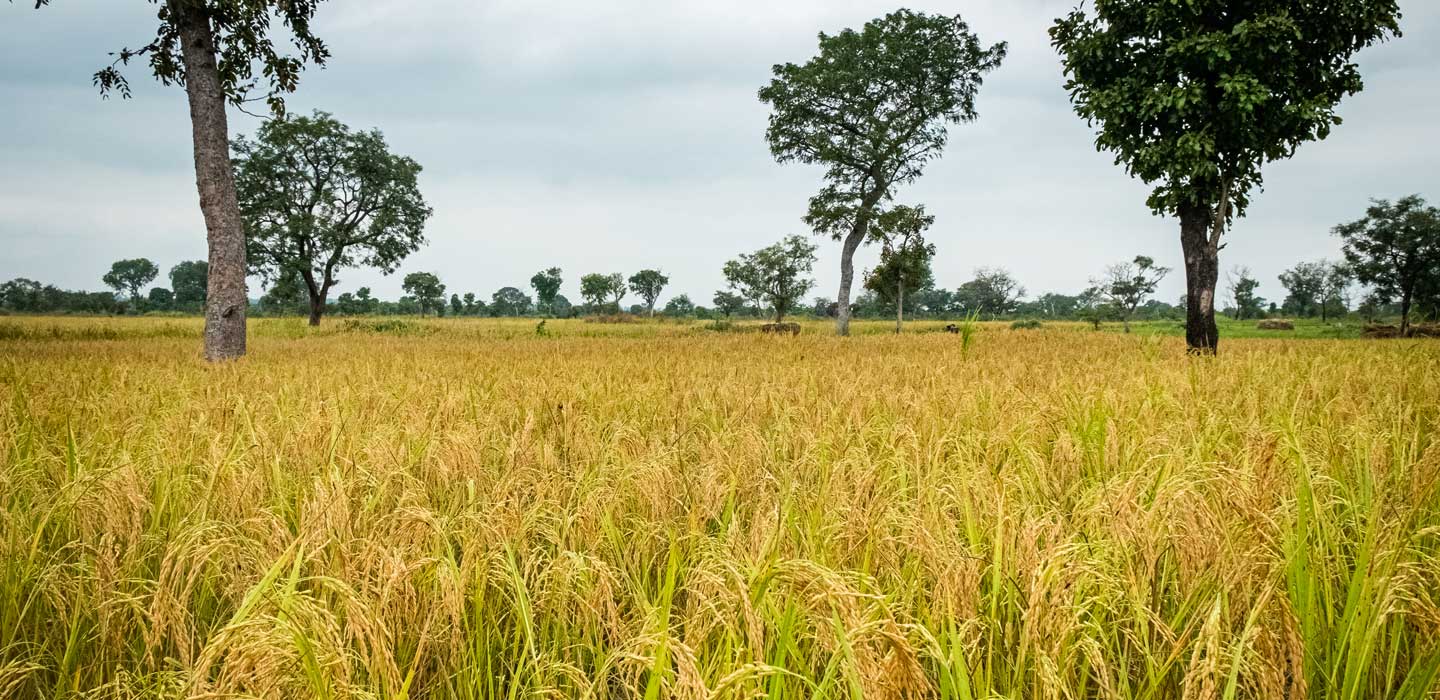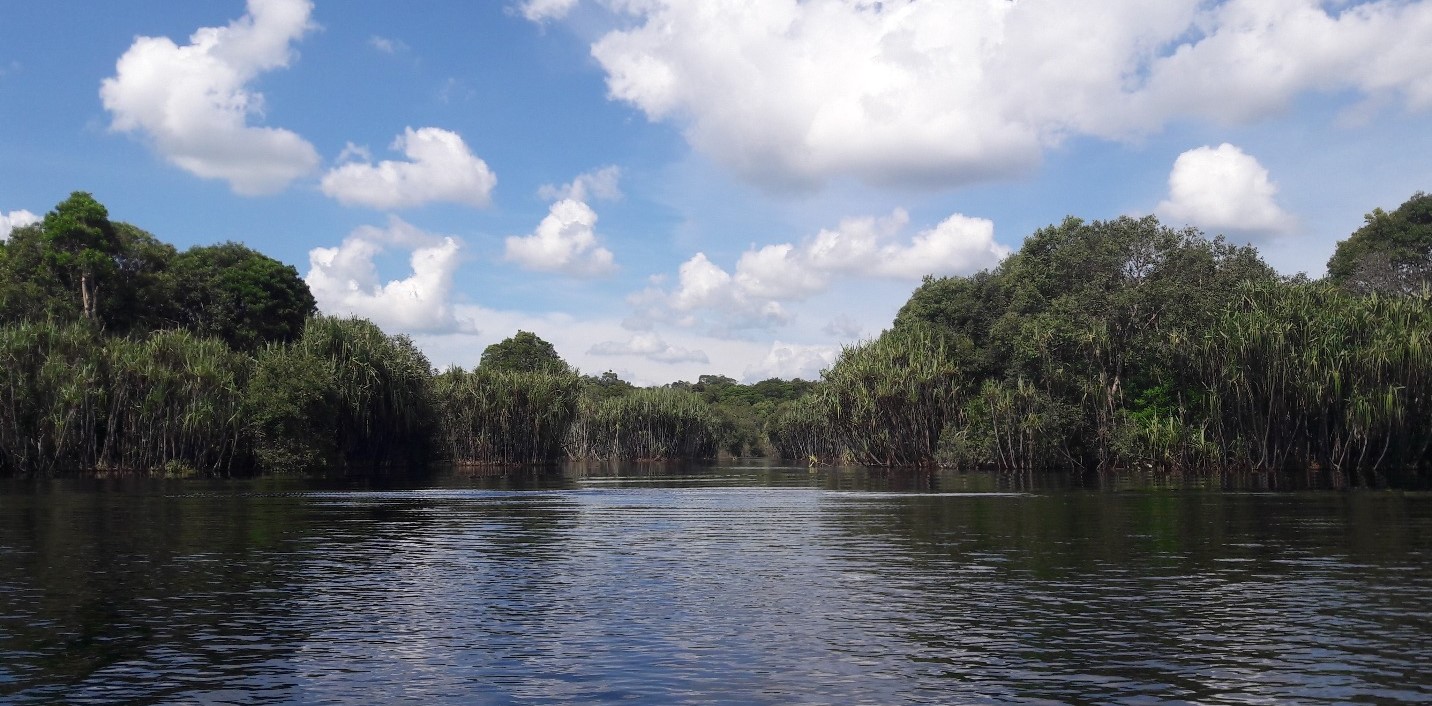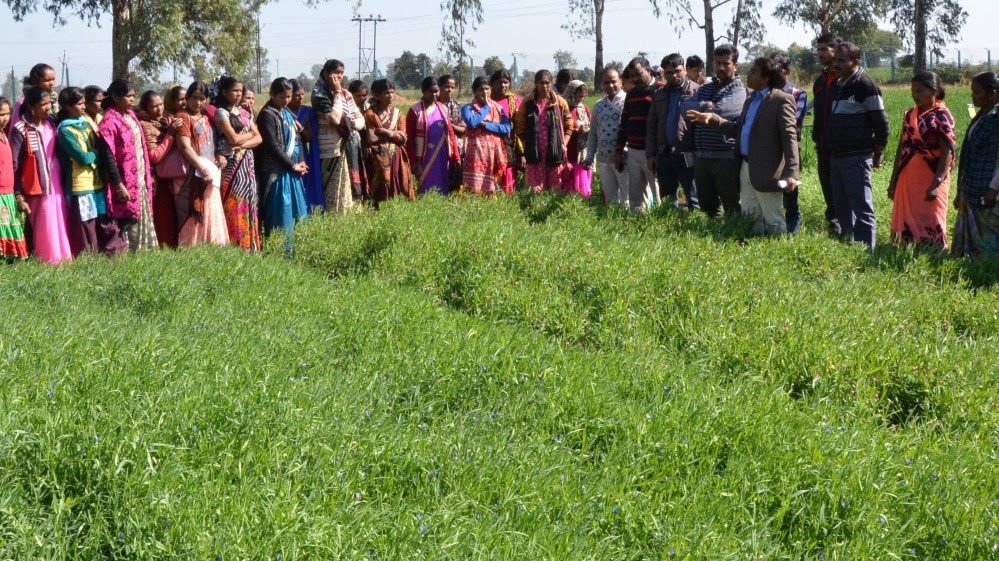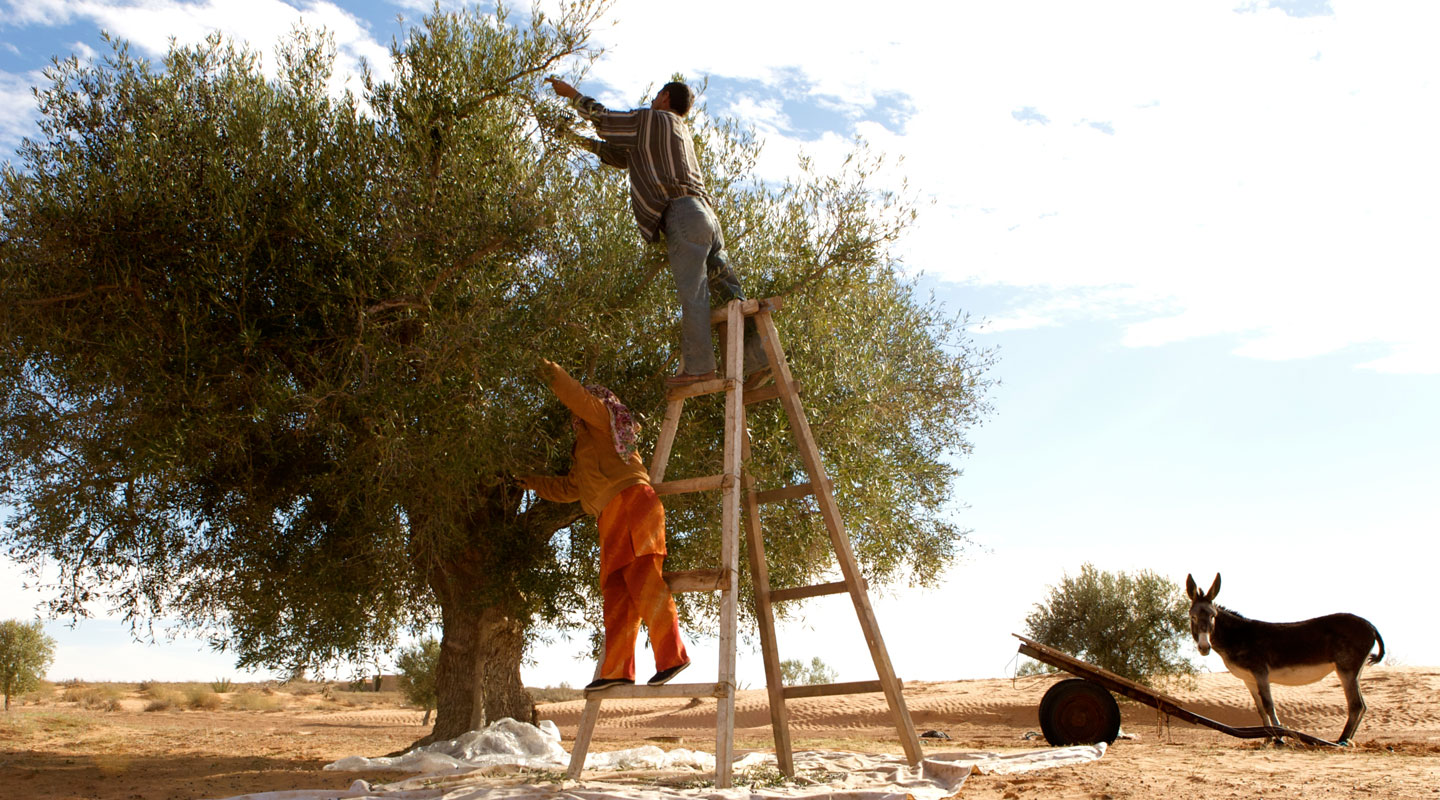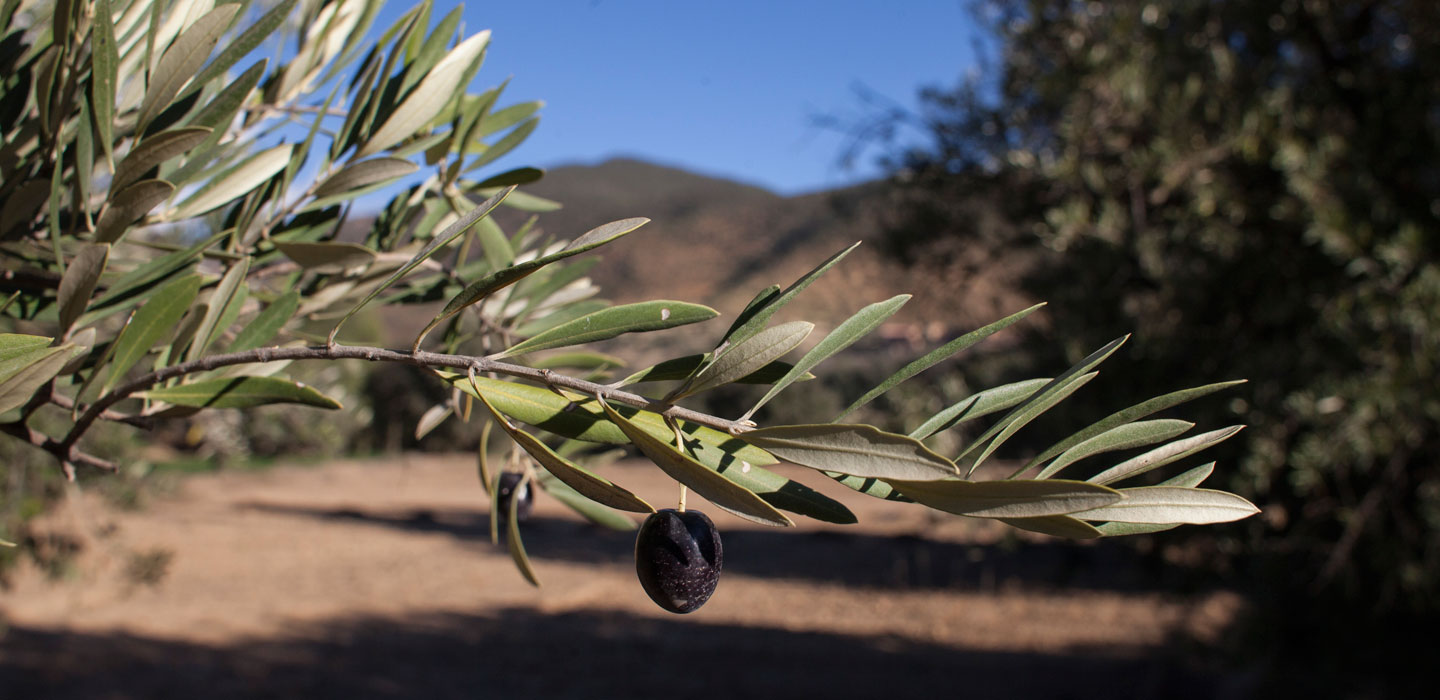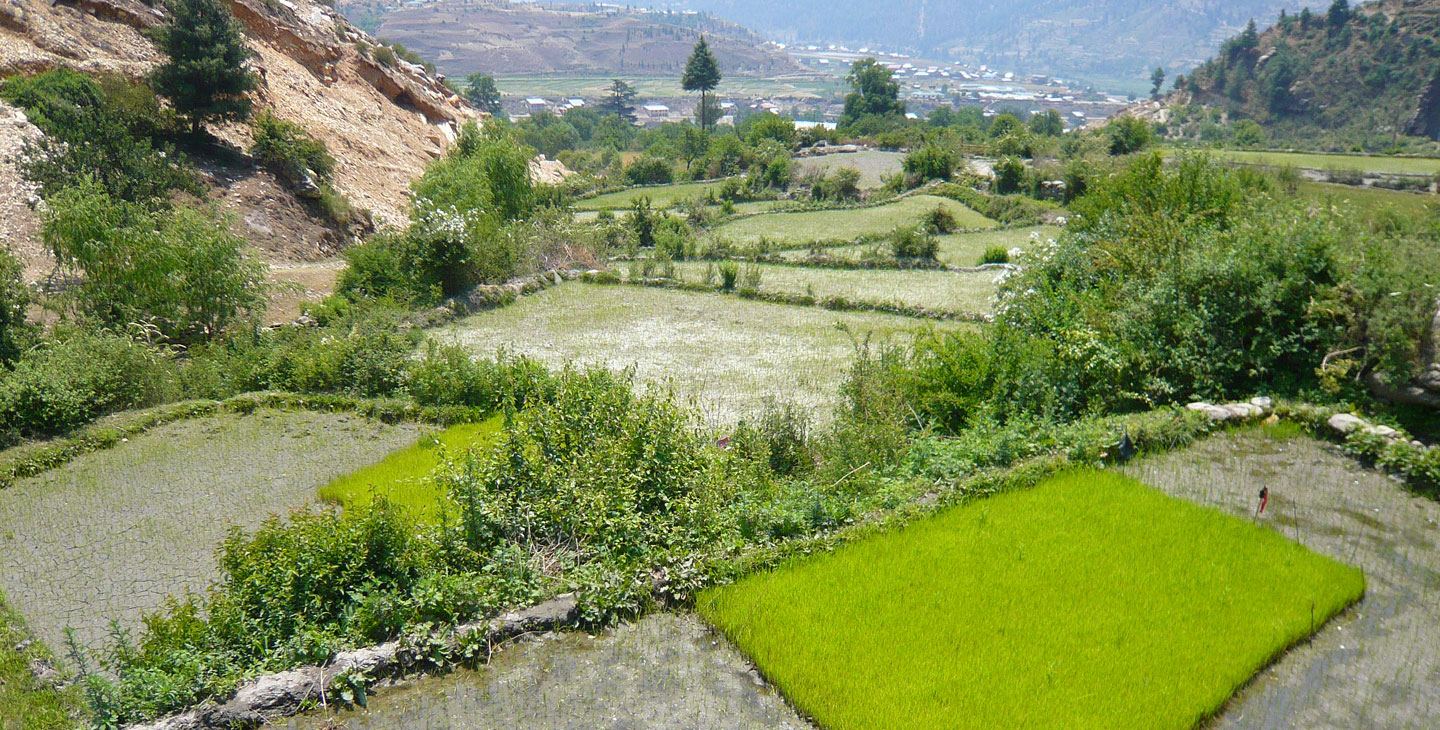Latest
Latest

Latest
Manual Submenu Topics
Search Results Filters
Search Results
Returning to Brazil’s Gente de Valor project: Lessons on sustainable impact
The Gente de Valor project was designed to assist the sertanejos (those who live in Brazil’s semi-arid region). It featured a community-driven development approach that promoted active participation and local leadership. Five years after the project ended, IFAD returned to evaluate the project’s outcomes and the effects of this approach.
Revitalizing the practice of shifting cultivation: A conversation with Dr Dhrupad Choudhury
Shifting cultivation is an indigenous food system practiced by millions of people across south and south-east Asia. A new resource book authored by Dr Dhrupad Choudhury, in collaboration with ICIMOD, is designed to guide policymakers and development professionals in sustainably transforming this practice.
In Rwanda, public-private partnerships benefit small-scale cassava farmers
Cassava is one of Rwanda’s most important staple crops, but market access remains a challenge. The Ingabo Syndicate, an organization of cooperatives, has been helping its cassava producers find markets for over two decades – most recently, through public-private partnerships.
Three ways to harvest water in Brazil’s sertão
For centuries, people living in Brazil’s semi-arid region have struggled with a lack of water. But over the last decades, thanks to support from IFAD and other development actors, these communities are squeezing a few more drops of water from Mother Nature.
Seeing the invisible, doing the impossible: A young Nigerian entrepreneur’s journey to success
Dorothy Chia Vandefan is nothing if not insightful. She describes herself as a serious-minded agricultural entrepreneur who can create opportunities where there seem to be none – and she’s right.
Efforts to restore tropical peatlands need fire-free plantations
Peatlands across south-east Asia have been cleared for agricultural purposes, leading to a sharp increase in fires. To reverse course, we need to transition to sustainable, fire-free peatland management practices.
Food from fallows: capitalizing on idle land for better food security in South Asia
Every year after the rice harvest in South Asia, a vast area of over 15 million hectares lies idle (fallow) until the next rice planting season several months later. Scientists in countries like Bangladesh, India and Nepal think the fallow land could, and should, be used for additional crops that increase farmer incomes and food security.
IFAD-BRAC collaboration empowers rural people to build their climate resilience
People in rural areas, especially small-scale farmers, are among those most affected by climate change. The shifting climate has made weather patterns more unpredictable and weather-related events more extreme.
The promises the olive grove holds: Fadieh’s story
Growing olive trees in Jordan, one of the driest countries in the world, isn’t easy. Every day, Fadieh and her family spend hours tilling the soil and tending to the trees, but the most demanding task is keeping the trees hydrated.
Drought-tolerant rice varieties benefit farmers even in non-drought years
Farmers that lack irrigation and rely on rainfed production are particularly vulnerable to drought. Fortunately, agricultural technologies, such as stress-tolerant rice varieties (STRVs), can help them adapt to climate change.
